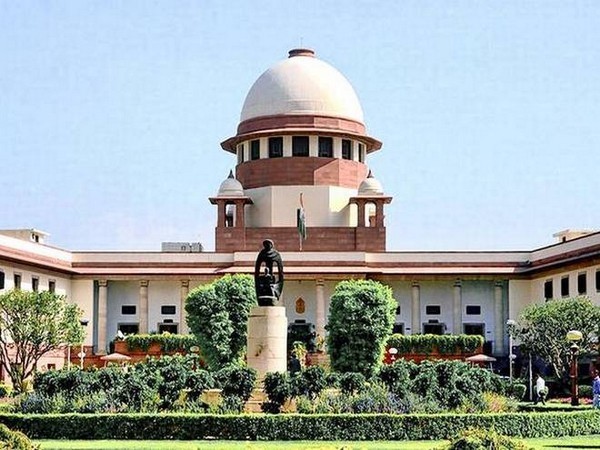The Center on Tuesday urged the Supreme Court to limit the hearing to three marked issues to pass the interim order on petitions challenging the validity of the Waqf (Amendment) Act.
These issues also include the right to non-reflecting the assets declared by the court ‘Waqf, Waqf by user or Waqf by deed’.
Solicitor General Tushar Mehta, appearing for the Center from the bench of Chief Justice of India BR Gawai and Justice Augustine George Christ, urged that he be limited to the proceedings set by the earlier bench.
The law official said, “The court had identified three issues. We filed our reply on these three issues. However, the written arguments of the petitioners have now gone to many other issues. I have filed my affidavit in response to these three issues. I request that it be limited to only three issues. ”
On behalf of those challenging the provisions of the Waqf Act, 2025, senior advocates Kapil Sibal and Abhishek Singhvi opposed the pleas that there could not be a hearing in different parts.
One issue is the right to non-reflecting the ‘Waqf, Waqf by user or Waqf by deed’ declared by the court. The second issue raised by the petitioners is related to the structure of the State Waqf Boards and the Central Waqf Council, where they argue that except ex -officio members, only Muslims should work in it.
The third issue is related to a provision, stating that when the collector investigates to find out whether the property is government land or not, the Waqf property will not be considered as Waqf.
The hearing is going on. Sibal began to present arguments and mentioned the background of the case.
On April 17, the Center assured the apex court that it would neither indulge in Waqf properties including ‘Waqf by user’ by 5 May, nor would he make any appointment in the Central Waqf Council and Boards.
The Center had opposed the proposal of the apex court to pass an interim order against non-defrooting the Waqf properties, including ‘Waqf by user’, in addition to prohibiting the provision allowing non-Muslims to include non-Muslims in the Central Waqf Councils and Boards.
On April 25, the Union Ministry of Minority Affairs filed an initial affidavit of 1,332 pages, defending the amended Waqf Act, 2025 and opposed any ‘complete restriction’ by the court on ‘law with the notion of constitutionality passed by Parliament’.
The Center notified the Waqf (Amendment) Act, 2025 last month, after which it was approved by President Draupadi Murmu on 5 April.
The bill was passed in the Lok Sabha by a vote of 288 members, while 232 MPs were against it. In the Rajya Sabha, 128 members voted in its favor and 95 in opposition.





